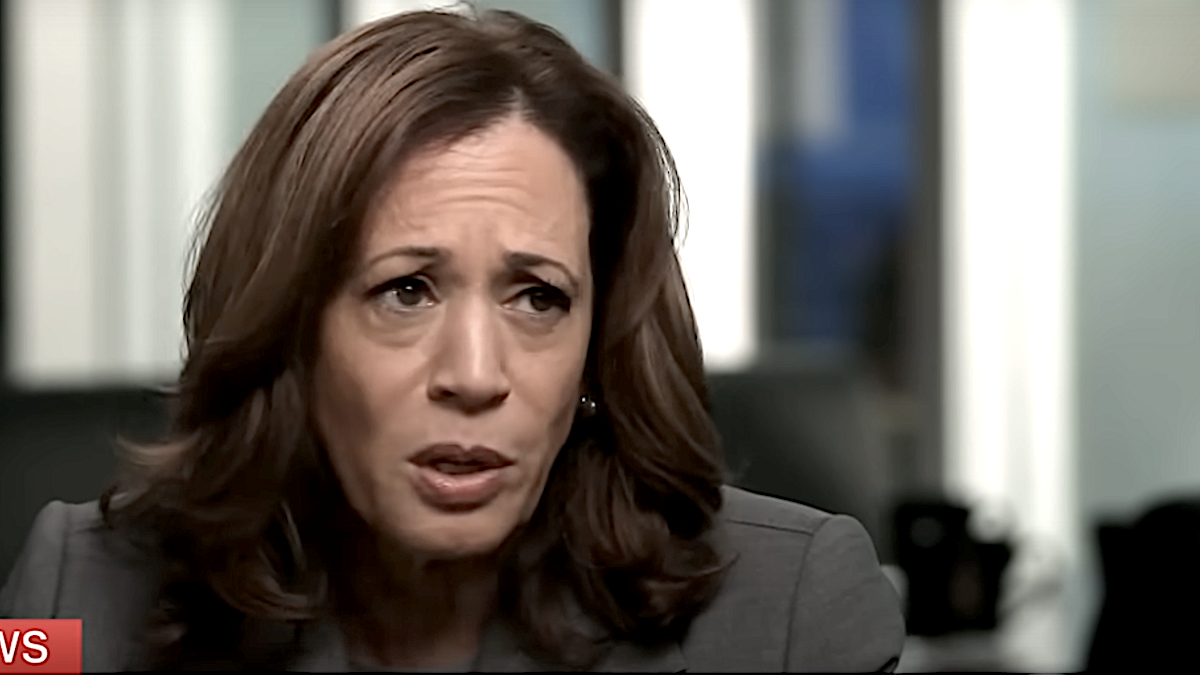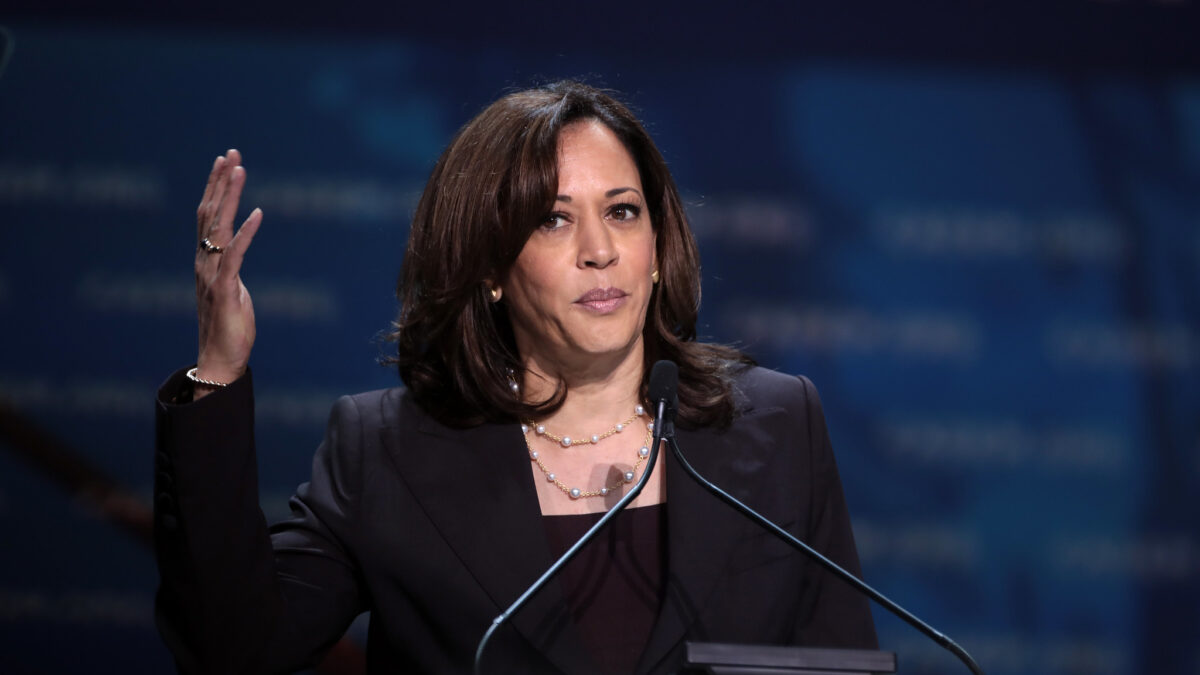
In 2016, I wrote about the state of Colorado’s attempt to destroy Masterpiece Cakeshop over a thought crime. The Colorado Civil Rights Commission had dug into Jack Phillips’ soul and established that his refusal to create a unique cake for David Mullins and Charlie Craig was driven by personal animosity towards gay customers. Unelected officials across the country, it seemed, could now determine if your faith were genuine or not, then punish you accordingly.
So a 7-2 Supreme Court decision pushing back against this kind of attack on religious liberty is welcome even if that decision is a narrow legal victory. For Phillips, the man who refused to create a specialized cake for the ceremony of a same-sex couple due to his religious objections, this is, at the very least, a victory over the imperious bigots of the commission, even if the decision leaves many vital questions unresolved.
Although I’ll leave legal parsing to lawyers, the fact is that we still don’t know if a state can compel a baker — or any other small business owner in the service industry, for that matter — to create specialized products that infringe on his sincerely held religious convictions simply because a consumer demands it. The biggest problem, it seems to me, is that legal decisions can be meted out using mind reading that favors the state’s bias over the individual’s belief.
Most mainstream news outlets still assert that Phillips refused to bake a wedding cake (even though gay marriage wasn’t legal in Colorado when the incident occurred) and that he denied the couple “service.” Phillips didn’t query his customers about their sexual preferences, however, and he never barred any same-sex couple from purchasing products made in his shop, a place of public accommodation. The problem was the specialty cake, not the people buying it.
Fun with Headlines, courtesy of the good ol’ NYT: gay rights, but “claims of” religious freedom. pic.twitter.com/2RK06FQbAw
— Andrew Egger (@EggerTWS) June 4, 2018
The commission ordered Phillips to abandon his faith and begin participating in gay weddings or else face debilitating fines that would put him out of business. Now, even if Phillips were the type of person who could throw away his religious convictions to keep his business open, his small shop would have had to provide expensive comprehensive staff training and file quarterly obedience reports, in which he would be obligated to meticulously describe exactly which remedial measures his shop had taken to conform to the commission’s wishes.
Just like the Founders envisioned it!
Yet Phillips only won his case because the Supreme Court found that Colorado didn’t display religious neutrality when punishing him for his beliefs. Rather, the commission showed “a clear and impermissible hostility toward the sincere religious beliefs.” There’s little question on this point.
“Freedom of religion and religion has been used to justify all kinds of discrimination throughout history, whether it be slavery, whether it be the holocaust, whether it be — I mean, we — we can list hundreds of situations where freedom of religion has been used to justify discrimination,” is what one of the commissioners, Diann Rice, said about Phillip’s case in 2014. It was just one of the many statements by commissioners that illustrated not only a deep-rooted bias against Christians but a profound stupidity about history and American rights.
It’s true, of course, that faith is sometimes used to justify atrocious behavior — like modern-day terrorism, for instance. But if a commissioner doesn’t understand the rudimentary distinctions between an individual freedom and acts of compelling, suppression, murder, and enslavement, she shouldn’t be working for government, much less tasked with adjudicating civil rights. Yet here we are. These are the people who can obliterate a lifetime of hard work over a single cake.
Is the only thing stopping them their candor? What if the “civil rights” commission had said nothing about Phillips or faith? The only reason Colorado was caught was that it was open about its partiality — which, in the case of the state’s commission (and undoubtedly most of such tribunals) is aimed against Christians.
When a Colorado activist went to a number of Denver bakeries in 2015 and asked them to design a cake in the shape of a Bible, with one side saying, “God hates sin – Psalm 45:7,” and the other, “Homosexuality is a detestable sin – Leviticus 18:22,” he was refused. When he filed a complaint, the commission decided that the bakers who discriminated against him were offended by the content of the cake rather than the Christian message, even though religion is a protected class and the quotes were directly from the Bible.
Is this what a display of religious neutrality looks like? How did the commission know that Phillips wasn’t offended by the gay wedding cake itself but by the sexual orientation of the couple? How did they know the secular cakemakers were offended by the message and not the theology? What will stop “civil rights” commissions from continuing to cloak their animus against religion in acceptable bureaucratic jargon? And what stops them from trampling on religious freedom and free expression?









